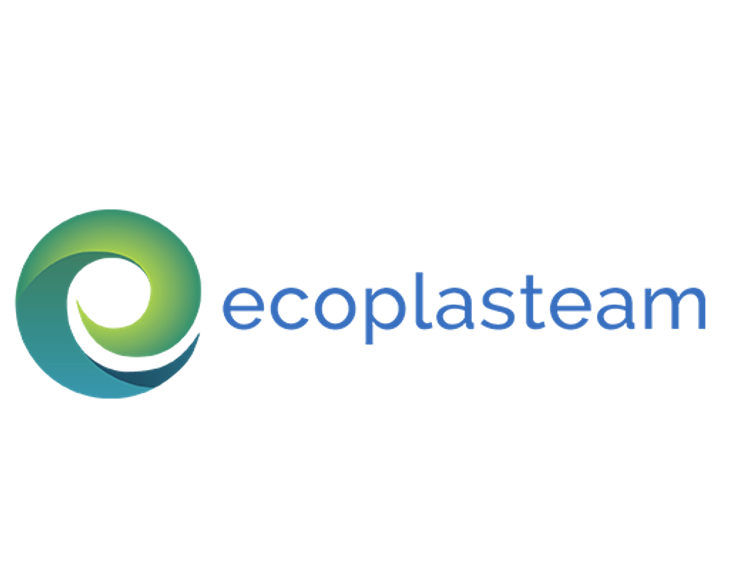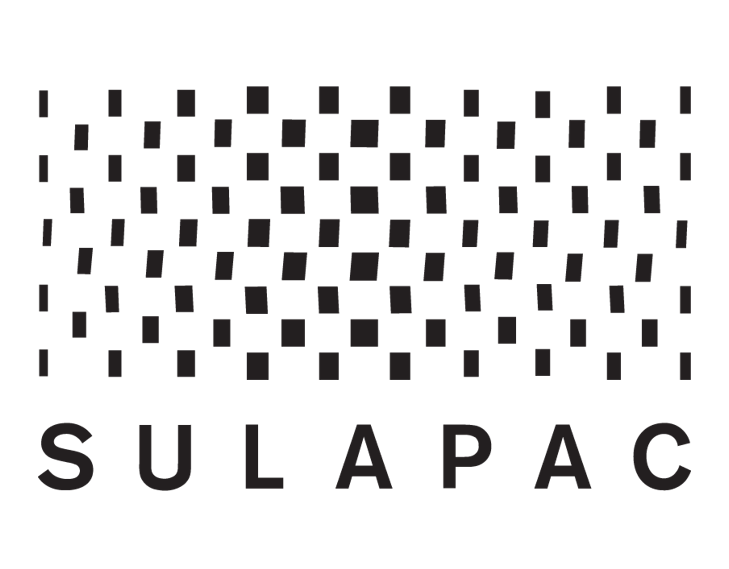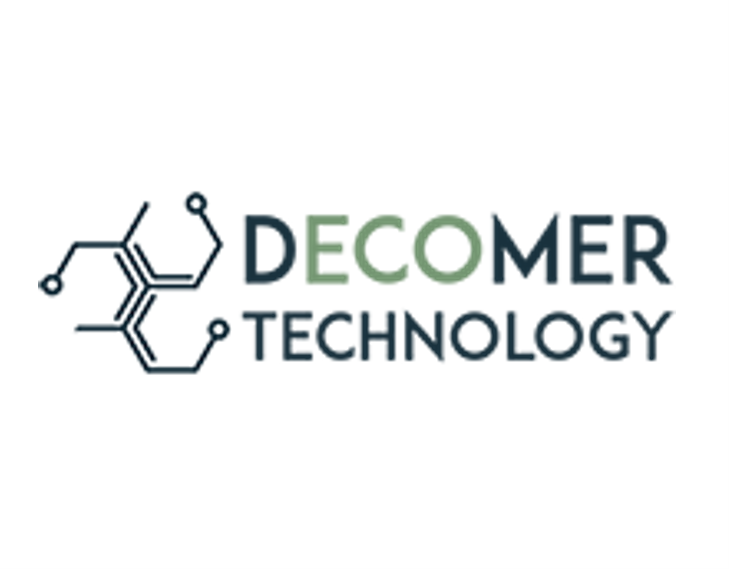123Fab #90
1 topic, 2 key figures, 3 startups to draw inspiration from

Since January 1st 2022, plastic packaging has been banned for fruits and vegetables in France. Before this date, 37% of all fruit and vegetables were packaged, half of which were in plastic. In the world, 77 countries have adopted some sort of total or partial ban on plastic bags. According to Climate Collaborative, packaging accounts for about 5% of the energy used in the life cycle of a food product, making it a significant contributor to greenhouse gas emissions. And for some products, the packaging used has an even greater impact on climate change than the fuel used to ship it to market. In response to increasingly restrictive regulations imposed by many states, several industry players and startups are emerging to offer sustainable packaging with less environmental impact. This is a key issue for industry players, such as distributors in the agri-food sector, who are facing pressure from regulations but also from consumers. For example, Walmart announced in 2019 its goal of achieving 100% recyclable, reusable, or industrially compostable packaging for its private brands. A year later, the multinational retail corporation announced its collaboration with startup Apeel Science to market cucumbers in an edible substance made from materials found in plants.
More generally, it is possible to distinguish three types of innovation in sustainable packaging: recycled packaging, biodegradable packaging and edible packaging.
Recyclable packaging
For Tetra Pak, the single-use beverage container like school milk cartons, the recycling rate is currently 26% worldwide. Faced with the difficulties of recycling packaging in general, a trend in the packaging industry is to use recycled materials. Post-consumer resins (PCRs), for instance, are recyclable packaging materials that come from post-consumer waste. Italian start-up Ecoplasteam has developed processes for the disposal of polylaminate waste, creating a new material from the recycling process of Tetra Pak containers. The startup produces EcoAllen, a regenerated granulate based on polyethylene and aluminium. The material is infinitely recyclable and has a high mouldability, thus finding applications in packaging bottles but also in the fashion, food and beverage industries.
Biodegradable packaging
Another market trend is the total elimination of plastic, in line with regulations and its dramatic impact on the environment due to its slow decomposition rate. Biodegradable packaging and films are gaining traction and are suitable alternatives to traditional plastic packaging. For example, cellulose, PLA, as well as other biopolymers, find applications in the packaging industry. Apart from this, plant-based packaging from sugarcane, coconut, hemp, and corn starch are also replacing plastic packaging. Helsinki-startup Sulapac has developed an innovative, fully biodegradable material made from sustainably sourced wood and plant-based binders. The material is biodegraded fully without leaving permanent microplastics behind; it can be recycled via industrial composting and processed with existing plastic product manufacturing machinery. The startup has raised over €17.7 million in 2019. Another example, Lactips, a French startup, raised 13 million euros in 2020 to create its first biodegradable, water-soluble and edible resin, production plant created from milk protein.
Edible packaging
Edible packaging is a revolutionary trend in the packaging industry that not only meets the challenges but also closes the packaging loop. A good example is packaging made from milk proteins, used as casein film around food products. These films are better at keeping food fresh than plastic. Another example is the startup Decomer Technology, which is developing a water-soluble and edible packaging material as well as products thereof. The material is plant-based, tasteless, transparent and hypoallergenic and can be used in food, detergent, pharmaceutical, agricultural and other industries. Similarly, Evoware, an Indonesian start-up, designs packaging and food sachets (containing, for example, instant coffee) from a seaweed-based material that can be dissolved and consumed.
It is clear today that sustainability, in particular regulatory and public concerns about single-use packaging waste, is combining with other powerful trends to drive major changes in consumer packaging. New initiatives are emerging and becoming increasingly popular in a wide range of sectors: food processing, catering, hospitality… Start-ups have a key role to play and innovation is at the forefront. In the future, packaging converters will need to continue to proactively embrace sustainability issues as consumer demands and regulatory requirements increase.
2 Key Figures
+$3B of total funding and +190 companies in sustainable packaging
Tracxn
The sustainable packaging market is expected to register a CAGR of 7.55% during 2022-2027
Mordor Intelligence
3 startups to draw inspiration from

Ecoplasteam
The Italian startup recycles “tetrapak” packaging waste to create EcoAllene™. It is easy to process, offers constant technical and composition characteristics, is colourable, 100% from the recycling process, traceable and 100% recyclable. Another important features are its constant availability, due to the large quantities of packaging waste and its competitive price.

Sulapac
The Finnish startup has developed a biodegradable and microplastic-free material made entirely from renewable sources and certified wood. It can be used as packaging for everything from cosmetics to foodstuff to gift boxes and more. It has all the benefits of plastic, yet it biodegrades completely and leaves no trace once it’s gone.

Decomer Technology
The Estonian startup has developed water-soluble and edible packaging materials designed to offer an eco-friendly packaging alternative to the existing bio-hazard plastic ones. The material is plant-based that dissolves in water and has natural building blocks that can easily be composted, enabling packaging industries to use water-soluble edible packaging material.
Interested in a startup landscape or in an insights report?
Please fill out our contact form so that we can get back to you very quickly with our product offer.
Want to subscribe to our 123Fab?
Fill out our form to receive the latest insights into your inbox.
